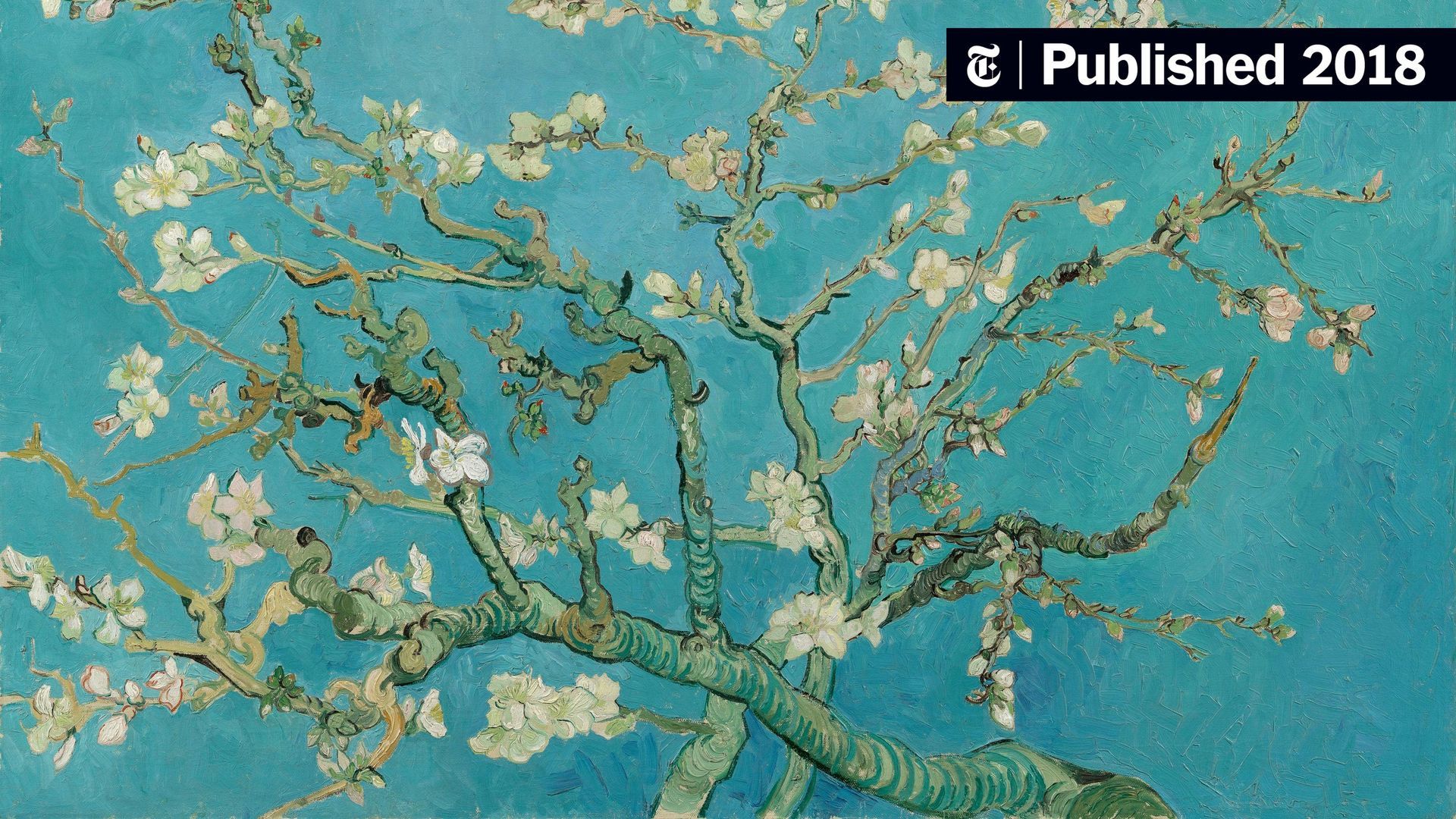Why Every Writer Should be a Reader Too
Charlotte Booth • 18 February 2022
If you don’t have time to read you don’t have time to write.

However, many writers, especially if they are writing in their spare time claim they “don’t have time to read” or worse they “don’t really enjoy reading.”
If you want to be a successful writer you have to be an avid reader. Particularly in your genre.
Find time, it will improve your writing.
Linguistic Skills
Some of the best things you get from reading are an increased vocabulary, improved grammar and wider knowledge of the world and people. Whether reading fiction or non-fiction you are likely in every single book you read, to find a word you like, a word you have never heard before, a phrase that you think is beautiful or amusing, or even learn about a subject or place you knew nothing about.
Through reading you can expand your vocabulary which will make your own writing richer and more impactful on the page.
It is estimated that in the English dictionary there are in the region of 170,000 active words, and yet the number the average person uses is only 20,000.
What better way to increase your vocabulary than seeing new words in use?
Through reading you can also see how grammar can be used creatively. Most books we read are in the past tense, but read a book in the present tense – like the Girl on the Train
by Paula Hawkins - and you will see how urgent it can feel.
Or even a book with complete disregard for grammar – The Milkman
by Anna Burns for example where we are thrown into the chaotic head of the narrator and their constant stream of thoughts.
One of the things that can let down a novel is unrealistic speech patterns but through reading and seeing how other authors do this and how they create dozens of different voices can do wonders for your own writing. Have a look at Sarong Party Girls
by Cheryl Lu-Lien Tan and see how she handles writing the whole book in a Singapore/English patois and how this draws you into the protagonist's world.
The English language is a fabulous writing tool and reading how thousands of other authors use it is only going to provide you with new ideas.
Storytelling
Every writer tells a story (whether fiction or non-fiction) in different ways. Some use multi-narrators with a different voice for each chapter, others use diary entries or letters, some use flashbacks and some simply tell a chronological tale.
All story-telling methods can be successful, but equally there have been complete failures within each technique.
The more you read, the more you can analyse different storytelling methods and decide which one works for you.
If you are well-read you will even discover means of telling stories that you had never considered, which could work perfectly for you and the way your brain works and the story you have to tell.
Reading different authors – and frequently – can improve your own writing style by adopting techniques which you enjoy in other works. I don’t mean copy their stories, but you can be influenced by their style.
If you don’t read you are limited by your
knowledge and ideas alone. They may in themselves be remarkable and creative but one creative mind vs. thousands of creative minds surely is a no-brainer.
Understanding your Genre
No matter what genre you write in, whether it is fiction or non-fiction, reading will help you to understand that genre.
By this, I mean to understand what books are being published and how many, what are the current trends and what is the writing style for that particular genre. It is also useful to know which publishers are prolific in publishing or your genre in particular. It makes it easier for you to approach them confidently.
One question you will be asked by any publisher you approach to get your work considered is “Who are the competition?” If you don’t read, how will you answer this?
It is a rare book indeed that has no competition and although you may believe your work is unique, unless you have a firm grip on your genre and the authors writing in it you really have no idea if it truly is unique or if you simply haven’t done your research.
It really is important to find the time to read if you want to be a good writer.
If you can’t find the time then your writing is unlikely to improve and it is an unusual person who writes perfectly first time.
Try to view reading as training for your job as a writer. You put time aside for writing so why not for reading? And with the popularity of Kindles (and yes I prefer real books too) you have a book with you at all times on your phone so when you are killing time waiting for a train why not open a book and read instead of scrolling through social media.
Even five minutes is better than none.
If you would like more advice on how to improve your chances of getting your non-fiction published by a traditional publisher drop me an email.

There is nothing more amusing than checking out mediaeval artistic renditions of lions and other heraldic creatures. These beasts, grimacing and gurning are a strange juxtaposition of human, animal and demon and as far from the cute image of Alex from the Madagascar franchise or in fact a real lion as you could possibly get. There are three main reasons mediaeval lions are so ‘bad’ and un-representational; The artists were following a very tight brief. Some of the artists may never have seen a lion, and were following the descriptions they were given. These lions were representing heraldic principals of bravery, nobility and authority; all very human characteristics. When viewed through this lens it becomes more understandable why they look the way they do, but they are still ‘not right’ and not a great tool for learning about lions. Generative AI is very similar to an uninformed but talented mediaeval artist. There is a element of intelligence but at the end of the day it is following a brief, with no actual ‘knowledge’ of the thing it is producing. As an example, if you prompt your generative AI (ChatGPT and the like) to produce a blog for your new product or service, aimed at your ideal customer avatar you will in all likelihood get a mediaeval lion out the other end. Sort of recognisable, and sort of not. This is because AI doesn’t know what a customer is (ideal or otherwise), has no idea what your product or service is and does, and has no true understanding of how this service or product will serve your ideal customer and their needs. Of course, AI is pulling all the information available from the internet to help with its answer but there is no understanding there. There is no determining fact from falsehoods or even which websites are trustworthy and which are not. So, it skims the internet and puts together content which suits the brief as it understands it. This is then when the actual work should start as this content shouldn’t be used in the raw. It should be edited and tweaked by a human who DOES understand the brief, has been a customer (ideal or otherwise) and can imagine what your ideal customer will feel when using your product or services. We are in a world now, where we have generative AI promoting products and services to humans, when it has no concept of what a human is and how it thinks, meaning the marketing department are in fact more important than ever for ensuring content and copy is aimed at humans and human emotions. You could argue that the world would be a more entertaining place if there were more mediaeval lions in it, but it wouldn’t be a great environment for learning, or for basing purchasing decisions on. If you want to maintain the human element in your content, then I would love to help . Explain the brief, your CTA and your ideal client and I will know what I need to ask to get a clear idea before writing. Then you can rest assured your content was written by a human for a human and we can leave the mediaeval lions to the museums.








